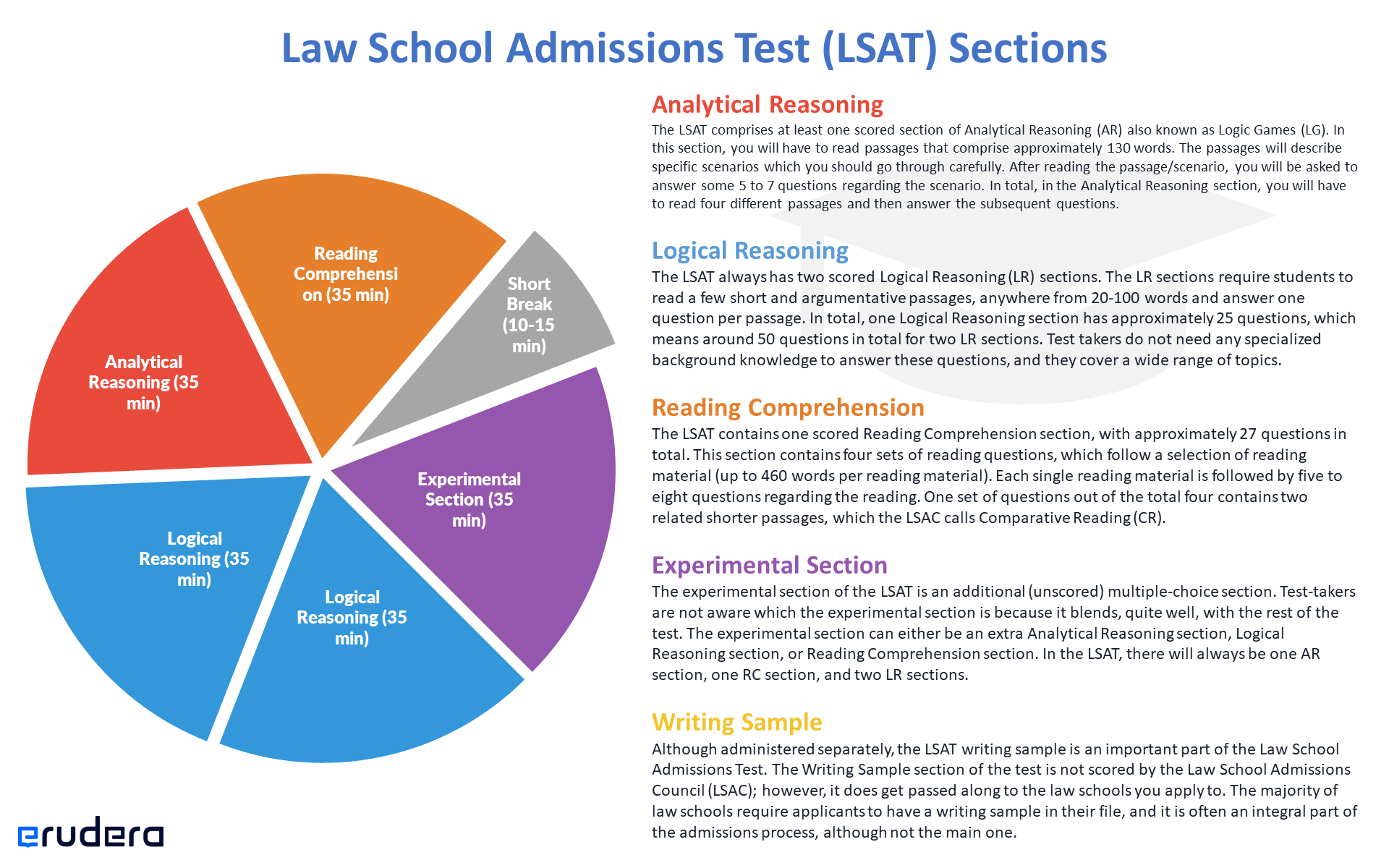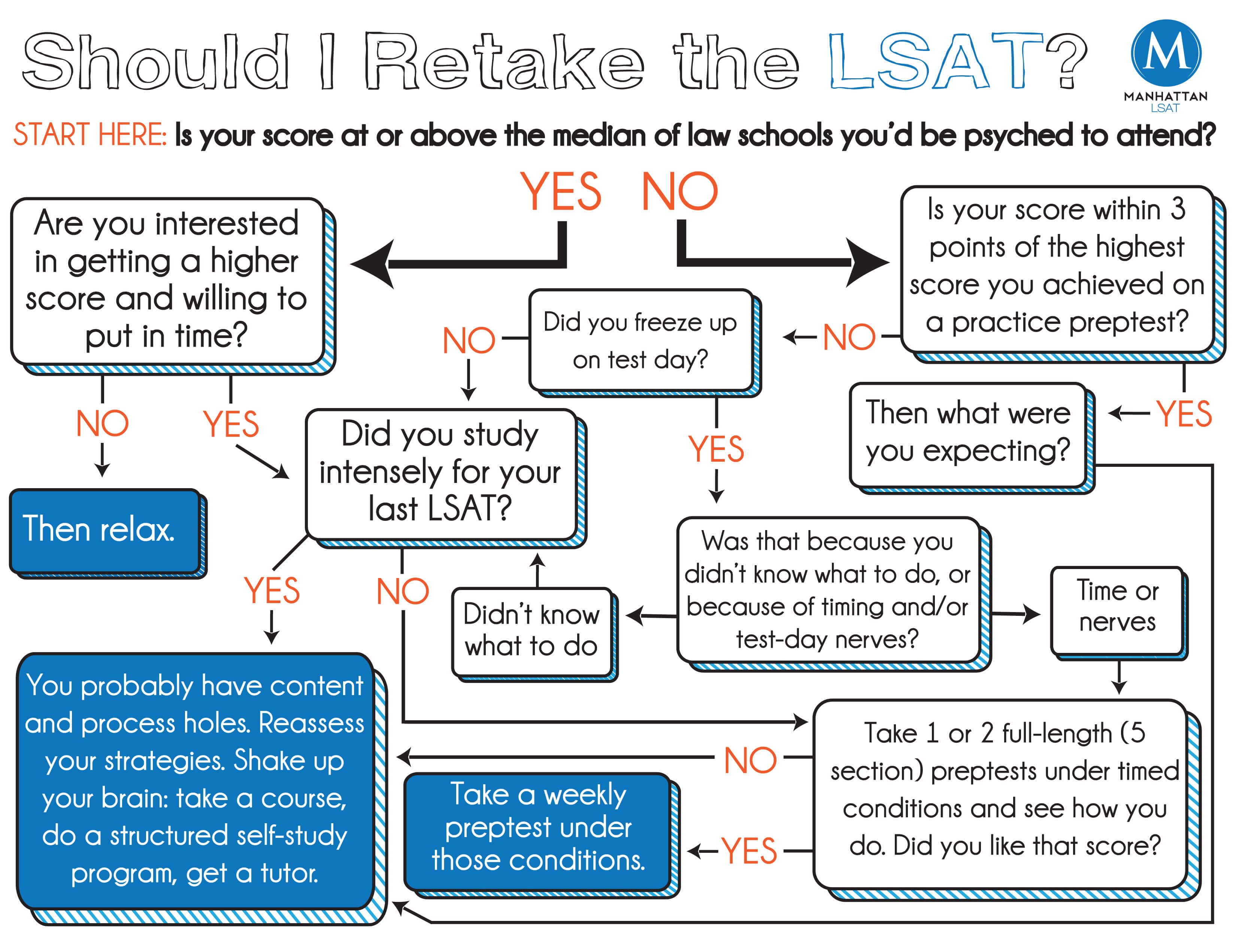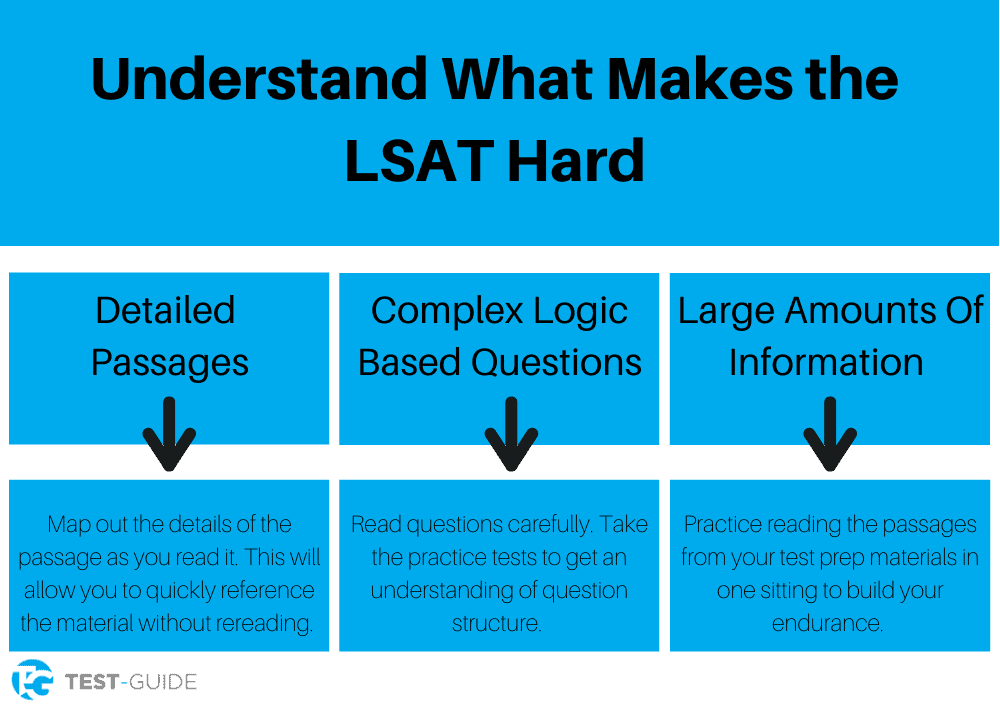Thinking about applying to law school can feel like a big step, and a lot of folks wonder about the LSAT. It's a test that really matters for getting into the programs you want. People who have done well on it, even those who got very high scores, often share their personal stories about preparing for it, talking about their methods and what they felt during the whole process.
You might be curious, so, how this exam is put together and what those numbers actually mean for your future. It's pretty common for someone to take a practice test for the first time and see a score that feels a little low, maybe even a bit surprising. One person, for instance, mentioned getting a 154 on their first practice run, even though they felt pretty hopeful about it.
The truth is, many people start out without knowing much at all about this test. Someone else shared that they scored in the 120s on their first try after signing up for a class, admitting they didn't even fill in all the bubbles. But, as a matter of fact, that's just a starting point, and there's quite a bit to learn about how the LSAT figures into your law school hopes.
Table of Contents
- What Does an LSAT Score Really Mean?
- How is the LSAT Scored - From Raw to Scaled Numbers
- Does Your LSAT Score Truly Define You?
- How is the LSAT Scored - Diagnostic Tests and Growth
- What's a "Good" LSAT Score for Your Aspirations?
- How is the LSAT Scored - Percentiles and Your Place
- How is the LSAT Scored - Considering Score Preview?
- How is the LSAT Scored - Beyond the Numbers
What Does an LSAT Score Really Mean?
The score you get on the LSAT, you know, it often plays a big part in whether you get accepted to a law school or if you end up on a waiting list. It’s one of those things that schools look at very closely. When you finish the test, the people who make it, the LSAC, actually show your score in a few different ways. They give you what's called a raw score, then a scaled score, and also a percentile. These three pieces of information, basically, give you a full picture of your performance.
The raw score, in a way, is just the count of how many questions you got right. Every single question on the LSAT is given the same amount of weight, so there aren't any questions that count more than others. So, if you answer more questions correctly, your raw score will naturally be higher. For example, a perfect scaled score of 180, which is the highest you can get, would mean you got nearly all the questions right, something like 99 out of 101, which is pretty impressive, as a matter of fact.
After they figure out your raw score, it gets turned into what's called a scaled score. This scaled score is the number you usually hear people talk about, the one between 120 and 180. This conversion helps to make sure that scores from different test dates are comparable, even if one test was slightly harder or easier than another. You also get a percentile, which, in some respects, tells you how your score compares to everyone else who took the test. It shows you what percentage of test takers scored lower than you did, which can be really helpful for seeing where you stand among your peers.
- How To Watch Mlb Live Stream
- How Many Weeks And Days Until Christmas
- Anon Snapchat Story Viewer
- Temp For Well Done Steak
- Medium Rare Internal Temp
How is the LSAT Scored - From Raw to Scaled Numbers
When we think about how is the LSAT scored, it starts with simply counting up your correct answers. That’s the raw score. Then, this raw score is converted to a number on the 120-180 scale. This scaled score is the one that law schools really pay attention to. For instance, if you get a raw score of, say, 99 out of 101 possible points, that would translate into the highest scaled score of 180. The actual number of raw points needed for a particular scaled score can vary a tiny bit from one test administration to another, but the overall system remains the same.
To really get a sense of how is the LSAT scored and what your scaled score means, you need to look at a "percentiles chart." This chart helps you see how well your scaled score measures up against other people who took the test. It's not just about the number itself, but also about where that number places you in the group. This is because, you know, a score that might seem okay on its own could actually be quite good or not quite as strong depending on how many other people scored similarly or better. So, the percentile offers a pretty clear picture of your standing.
It’s important to remember that this scoring process is specifically for the law school admission journey. You don't, for instance, need to order an official report of your LSAT score to send to law schools. The scores are made available directly to the schools through the system. This makes the whole process pretty straightforward for applicants, meaning you can focus more on your application itself rather than worrying about extra paperwork for your score, which is nice, really.
Does Your LSAT Score Truly Define You?
You might be wondering, does your LSAT score truly define your potential? Well, it's a big part of the picture, but it’s not the only thing. People who share their experiences often talk about starting with a score that feels pretty low on a diagnostic test. One person mentioned getting a 152 on their first diagnostic, even trying to take off some of the pressure by running a stopwatch in reverse, but still, that was the score. Yet, they ended up doing much better later on. This shows that the initial score is just a starting point, not the final word on what you can achieve.
It seems that the LSAT is, in fact, something you can really learn and improve upon. Many individuals have shared stories of getting a score in the 140s on their first try and then going on to score 170 or higher on the actual test. This kind of improvement is pretty common. The test, you know, doesn't necessarily measure some fixed ability; instead, it tests skills that can be developed with practice and the right strategies. So, while your diagnostic score gives you a baseline, it definitely doesn't limit where you can go with some dedicated effort.
These personal stories, like those shared in LSAT diaries, often highlight the journey from a low starting score to a much higher one. They talk about the feelings involved, the ways they approached studying, and the different methods they used. This kind of real-world experience really shows that improvement is possible, and that the test is, in a way, more about learning specific approaches than it is about some kind of innate talent. It's a test that, apparently, rewards consistent effort and thoughtful preparation.
How is the LSAT Scored - Diagnostic Tests and Growth
When you first sit down for a diagnostic test to see how is the LSAT scored for you at the start, it can be a bit of an eye-opener. People often find their initial scores to be quite low. One person, for instance, confessed to an "embarrassingly low" 154 on their diagnostic, even though they felt hopeful about what was to come. Another started in the 120s, admitting they knew nothing about the test when they began. These stories are fairly common and show that a low diagnostic score is, in fact, not a sign of failure, but simply a starting point for growth.
The good news is that the LSAT is considered "super learnable." This means that with focused practice and study, you can significantly improve your score. Many people have gone from a diagnostic score in the 140s or 150s to achieving scores of 170 or even higher on the actual test. This kind of progress really highlights how is the LSAT scored in a way that allows for skill development. It’s not about how smart you are initially, but how much you can grow your reasoning and reading skills over time, which is pretty encouraging.
The path to improvement often involves signing up for classes, like a Kaplan course, and putting in the hours. One person mentioned registering for the June LSAT and believing that with four months of practice, they could get around a 170, having already started their preparation. This belief in improvement is based on the idea that the test, you know, doesn't measure something unchangeable. Instead, it measures abilities that can be sharpened through consistent work, showing that how is the LSAT scored is more about what you can learn than what you already know.
What's a "Good" LSAT Score for Your Aspirations?
When you're trying to figure out what's a "good" LSAT score, it really depends on what you want to do and where you hope to go to law school. There isn't, you know, one single score that works for everyone. What's considered a good score for one person might be different for another, simply because their law school dreams are different. It's very much about your individual goals and the specific schools you have in mind. So, the idea of a universal "good" score, in a way, doesn't really apply here.
Instead of looking for a single number, it's much more helpful to see how your score fits with the schools you're interested in. You can check out the typical LSAT score ranges for the schools on your list. For instance, top law schools often look for an LSAT score over 160 to give you a strong chance of getting in. This kind of information helps you understand what target score you might need to aim for. It's about aligning your score with the expectations of the programs you wish to attend, which is pretty practical, actually.
While a good LSAT score is certainly important for law school, it's just one piece of the puzzle. Your score and your GPA are often looked at together because those numbers tend to show a clear connection to how admissions turn out. Schools, you know, want to keep their standards high, and these numbers give them a way to gauge an applicant's academic preparedness. So, while your LSAT score is a big factor, it’s not the only thing that admissions committees consider when making their decisions, which is something to keep in mind.
How is the LSAT Scored - Percentiles and Your Place
To understand how is the LSAT scored in relation to other people, percentiles are key. When you get your LSAT score, you also receive a percentile rank. This rank tells you how your performance compares to everyone else who took the test. For example, if you score in the 75th percentile, it means that 75 percent of test takers scored lower than you did. This gives you a clear picture of where you stand among your peers, which can be pretty useful for assessing your competitiveness.
Knowing your percentile is especially helpful when you are considering what LSAT score you need for your chosen law schools. For instance, if 75% of applicants to a certain school scored lower than 164, and you score a 165, you are, in fact, doing better than a large portion of the applicant pool for that school. This kind of comparison helps you gauge your chances. It's not just about the raw number on your score report, but about how that number stacks up against the scores of other applicants, which, you know, is really what matters for admissions.
The LSAC, the organization that administers the test, provides these percentile tables so you can see how your test performance stacks up. These tables are a way to establish your ranking relative to others. So, when you look at how is the LSAT scored, the percentile offers a deeper insight than just the scaled score alone. It helps you to truly understand your position within the larger group of law school hopefuls, giving you a more complete picture of your standing, which is pretty neat, actually.
How is the LSAT Scored - Considering Score Preview?
When thinking about how is the LSAT scored, you might also consider a feature called Score Preview. The LSAC now gives test takers an option to see their LSAT score before they decide whether to keep it and have it sent to law schools. This can be a pretty big deal for some people. It means you get a chance to look at your results and then make a choice, which, you know, can take some of the pressure off. It's a way to have a bit more control over your application process.
This Score Preview option is available for all test takers. It allows you to review your score and then decide if you want it reported to the schools you're applying to. If you feel your score isn't what you hoped for, you might choose not to have it sent, which could be a relief for some. This feature changes, in a way, how people approach the test and their scores, giving them a safety net that wasn't always there. It's an interesting addition to how is the LSAT scored and managed.
The decision to use Score Preview really comes down to your own comfort level and how you feel about your performance. It's just one more tool in the whole process of applying to law school. Knowing that you have this option might influence your test-taking strategy or simply give you peace of mind. It’s a pretty direct way to manage the outcome of your test before it becomes a permanent part of your academic record, which, you know, can be really helpful for many people.
How is the LSAT Scored - Beyond the Numbers
While we talk a lot about how is the LSAT scored and what those numbers mean, it’s worth remembering that the score is just one piece of your application. Law schools look at a lot of things. Your LSAT score and your GPA are often considered together because these figures tend to be highly connected to how admissions decisions turn out. Schools, basically, want to maintain high standards, and these numbers give them a fairly clear way to see an applicant's academic background and potential for success in law school.
The LSAT itself is a very important part of getting into law school in places like the United States, Canada, and a growing number of other countries. It’s a standardized way for schools to compare applicants from different backgrounds and universities. However, it's not the sole determinant. Admissions committees also consider your personal statements, letters of recommendation, and any other experiences you bring to the table. So, while understanding how is the LSAT scored is vital, it’s also important to present a strong overall application.
Ultimately, your LSAT score is a powerful indicator, but it’s part of a bigger story. It's a tool that helps law schools make informed choices about who to admit. Knowing how is the LSAT scored, from raw points to scaled numbers and percentiles, helps you to better understand your own results and plan your application strategy. But always remember that you are more than just a number, and your full profile is what truly matters to the schools you hope to attend, which is a pretty comforting thought, really.
Related Resources:



Detail Author:
- Name : Shaniya Luettgen
- Username : myron81
- Email : purdy.kyra@reichel.com
- Birthdate : 1978-03-03
- Address : 35096 Rodrigo Corners East Nettiefort, FL 52644
- Phone : 320.330.4886
- Company : Bradtke, Bahringer and Hill
- Job : Bookbinder
- Bio : Voluptatem voluptatem est nam numquam explicabo vel maxime. Voluptatem vitae non incidunt quisquam est optio. Nulla provident tenetur amet. Excepturi non porro libero quia.
Socials
tiktok:
- url : https://tiktok.com/@magdalen.batz
- username : magdalen.batz
- bio : Non nemo enim natus quos labore unde.
- followers : 6809
- following : 245
facebook:
- url : https://facebook.com/magdalen8334
- username : magdalen8334
- bio : Eos molestias labore deleniti illo. Quia aut consectetur et ad a quisquam ut.
- followers : 1941
- following : 1027
instagram:
- url : https://instagram.com/magdalen_batz
- username : magdalen_batz
- bio : Debitis et illo nobis nisi. Aut eligendi voluptas est necessitatibus. Animi eveniet aut vero.
- followers : 1735
- following : 283
twitter:
- url : https://twitter.com/batzm
- username : batzm
- bio : Quasi repellat non saepe ut animi. Et non beatae et.
- followers : 3411
- following : 2739
linkedin:
- url : https://linkedin.com/in/batzm
- username : batzm
- bio : Quis ad quae provident.
- followers : 883
- following : 1520